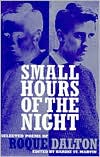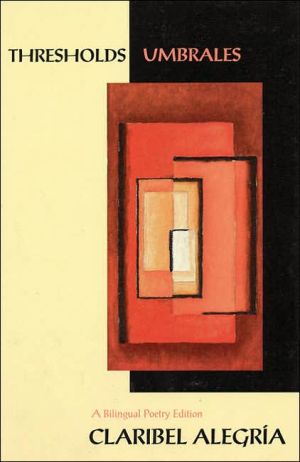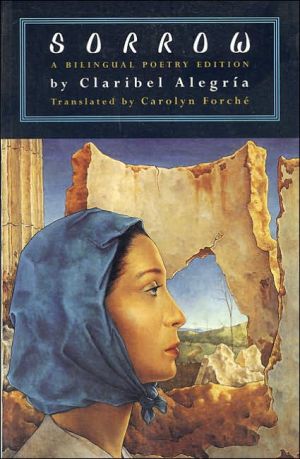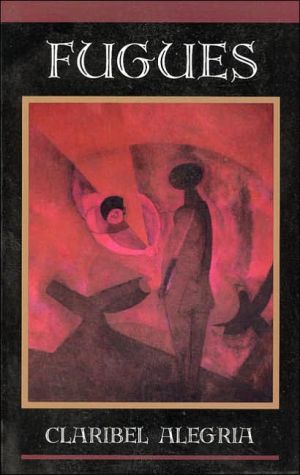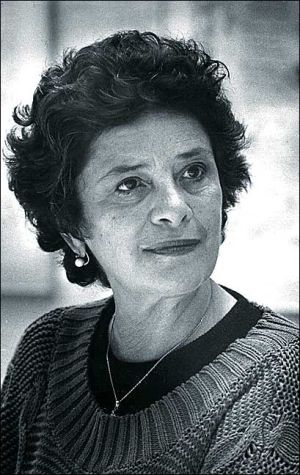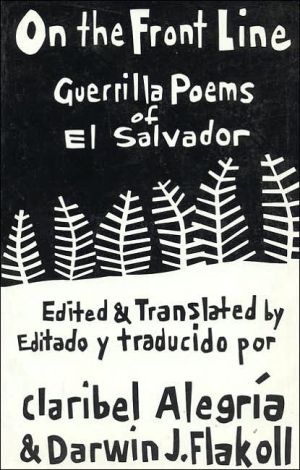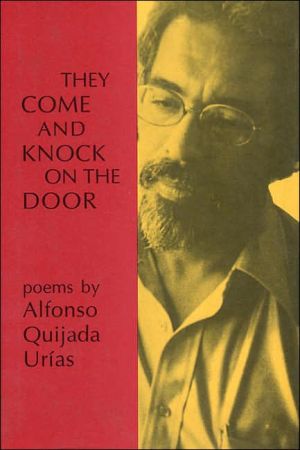Small Hours of the Night: Selected Poems of Roque Dalton
Search in google:
"English-only edition of poems written from exile, prison, and on the run by the Salvadoran revolutionary whose life and word urged love as well as change. Selected from 10 of ...Publishers WeeklyLong overlooked in the U.S., Dalton was born in El Salvador in 1935. He joined the Communist Party and became a guerrilla in the El Salvadoran revolution, producing a massive body of poems before being murdered in 1973. The early poems, those from a young revolutionary, are full of extravagance: "I have this wild itch to laugh/ or kill myself" and "I don't believe in angels/ but the moon is now dead for me." As Dalton's poetry matures, his imagination ranges, sometimes recklessly, running from line to line without regard for negative space or silence, but never without passion. "Man uses his old disasters like a mirror./ An hour or so after dusk/ the man picks up the painful remnants of his day/ and worried sick he puts them right next to his heart/ he sweats like a TB patient fighting for his life/ and sinks into his deep lonely rooms." Many of the poems written in exile in Mexico and Cuba are manly, wine-drinking montages of life on the Communist edge. In the section "Tavern and Other Places," he is at his best: creatively illuminating the soul of his home country; cataloguing with humility his experiences as a soldier; and musing over some of his prisonmates, soldiers, friends and countrymen. Here Dalton achieves a ripe, formal confidence in which meaning and expression are fully integrated. The final, wry poems punch small holes in bourgeois religion, politics and life. This is the most comprehensive and scholarly edition of Dalton's poetry available in English.(Sept.)
Preface: I Remember Roque, Ernesto CardenalPreface: Roque Dalton: Poet and Revolutionary, Claribel AlegriaPreface: Love Falls Like a Generous Rain, Hardie St. MartinStudy with a Little Tedium2The Crazy Ones3Time for Ashes4Hating Love5Monday6My Horse8Listen9Poems-In-Law to Lisa11Dream Far Away from Time13Vernacular Elegy for Francisco Sorto15Minor Chorus of the Fifth Cell17The Decision20Island on the Fifth Floor21Storm22Stillborn Parable24The Bad Example25Because I Spoke Out26I See27Insomnia28The Disciple29The Tropics30Naked Woman31Maria Tecun32The Art of Poetry34Madrigal36Words in front of the Sea37The Sixth Commandment39What a Crazy Man Said to Me40Megalomania41The Pope42Old Woman with Small Boy43Another Dead Woman44Cesar Vallejo45Vanity46Small Hours of the Night47The Bureaucrats48Mariano the Musician Has Died49Epitaph50Terrible Thing51I Wanted52The Sea56Juan Cunjama, Sorcerer62Overlook64The Desert65Rite for the Birth of a Flower on the Great Pyramid66The Deer67Pine68Homage to Sage69Relative70My Country's Far Away72Forgetting74Middle Age75Leaves76Passing the Factory77Now You See Why78When Death79Tied Down to the Sea80I Remember When I'd Talk of Lisa82A Dead Girl in the Ocean83Memory84The Prodigal Son86German-American Hotel88Latin America9827 Years99Fear100Soldier's Rest101The Captain102In a Fit of Anger103The National Soul104The Law Enforcer105The Sure Hand of God106Sir Thomas112Samantha112Matthew113The Bishop113Lady Ann114The Firstborn114Sir Thomas115Matthew116Sir Thomas117Matthew118Samantha119Lady Ann120The Firstborn120Prison Again122Preparing the Next Hour123Independence Day125Summer126Your Company127I Smell Bad128Bad News on a Scrap of Newspaper129Permission to Wash Up130Some Longings131Number 357132The Morning I Met My Father134The Young People138A Not Exactly Optimistic Tragedy139Springtime in Jevani
\ From the Publisher"Finally and gloriously here are the poems of Roque Dalton, one of the most compelling Central American poets it has been my privilege to read." -- Ariel Dorfman\ "He was brilliant. His presence alone gave off light." -- Juan Gelman\ [Dalton's poetry illustrates] his profound conviction that the poet can and must, in his life as in his work, serve as the finely-honed scalpel of change, both in word and deed..." -- Claribel Alegria\ \ \ \ \ \ Publishers Weekly - Publisher's Weekly\ Long overlooked in the U.S., Dalton was born in El Salvador in 1935. He joined the Communist Party and became a guerrilla in the El Salvadoran revolution, producing a massive body of poems before being murdered in 1973. The early poems, those from a young revolutionary, are full of extravagance: "I have this wild itch to laugh/ or kill myself" and "I don't believe in angels/ but the moon is now dead for me." As Dalton's poetry matures, his imagination ranges, sometimes recklessly, running from line to line without regard for negative space or silence, but never without passion. "Man uses his old disasters like a mirror./ An hour or so after dusk/ the man picks up the painful remnants of his day/ and worried sick he puts them right next to his heart/ he sweats like a TB patient fighting for his life/ and sinks into his deep lonely rooms." Many of the poems written in exile in Mexico and Cuba are manly, wine-drinking montages of life on the Communist edge. In the section "Tavern and Other Places," he is at his best: creatively illuminating the soul of his home country; cataloguing with humility his experiences as a soldier; and musing over some of his prisonmates, soldiers, friends and countrymen. Here Dalton achieves a ripe, formal confidence in which meaning and expression are fully integrated. The final, wry poems punch small holes in bourgeois religion, politics and life. This is the most comprehensive and scholarly edition of Dalton's poetry available in English.(Sept.)\ \ \ Library JournalPolitical activist and Marxist Dalton, one of the most widely read, admired, and influential Salvadoran writers of his time, was executed in 1975 at the age of 40. These combative poems, a retrospective from nine collections penned mostly during the turbulent 1960s, are his legacy. They enunciate in a direct, conversational tone the poet's preoccupation with social injustice. Deploying thematic constants, like death ("Learning how to die/ that's what life was") and water ("The water is like oblivion, always there"), Dalton weaves lines fraught with anguish and wrought with emotion. The six collaborators produced eloquent translations, a fitting sequel to the earlier Poems (LJ 8/84). Recommended for larger collections.Lawrence Olszewski, OCLC Lib., Dublin, Ohio\ \
